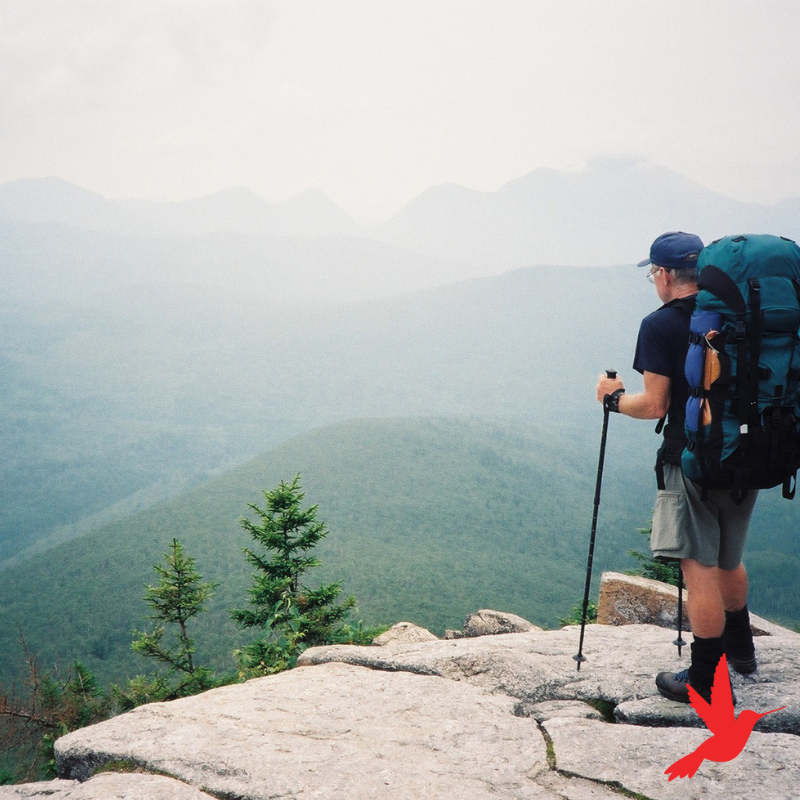Spiritual Journey?
/Where Is The Way?
My daughter told me this morning that I’m very inwardly oriented. She’s right. I’ve always been this way - marching to my own drummer, coloring outside the lines, resisting rules. As a young man, I was once accused of being an independent thinker, and instead of recognizing it as a compliment, I carried it as shame. My sister loves to remind me of a childhood memory: me disappearing alone into a dense fog bank that had settled over our neighborhood.
Nine years ago, after a series of dreams too powerful to ignore, I began working with a Jungian analyst. She described my nature as “mercurial,” with a strong drive toward individuation and self-realization. According to her, this is simply who I am. And so it seems - the Way has chosen me.
But what does this have to do with you? In more than forty years as a coach, advisor, consultant, mentor, and sponsor, I’ve become convinced that each of us has a Way - a calling that quietly but persistently invites us forward. The challenge is that much of the world, even those closest to us, will discourage us from following it. It feels too risky, too unconventional. And so we live with the tension: do we heed our inner counsel, or appease the world around us? As James Hollis warns, we ignore those callings at our peril. The Gnostic Gospel of Thomas puts it this way:
“If you bring forth what is within you, what you bring forth will save you. If you do not bring forth what is within you, what you do not bring forth will destroy you.”
The greatest mistake we can make is to project our clarity onto others. My Way is not your Way. What we do have, however, is experience, strength, and hope offered through our own stories.
For me, that story has taken shape through The Saga of Grace - a trilogy so far (A Killer’s Grace, The Dark Side of Grace, and The Reckoning of Grace), with a fourth book yet to come. These stories, though fictional, are also a reflection of my own psycho-spiritual journey. They trace a path that I believe belongs to all of us:
Trauma and wounding (A Killer’s Grace): not just dramatic events, but the daily sorrows that harden our hearts if left unhealed.
Healing and growth (The Dark Side of Grace): the possibility of transformation and the “wounded healer” that can emerge from our pain.
Transcendence (The Reckoning of Grace): rising above our stories into a deeper truth, what mystics call self-realization, enlightenment, or simply becoming who we really are.
Reimagining the future (Book 4): the fruits of transformation, and the vision of what comes next.
Seeing True™ in Practice
The simple theme throughout the series is this:
Hurt people hurt people.
Healed people heal people.
The only way to transform the world is through those who have been transformed.
This is my story, but it is also your story. We are in this together. As my long-time mentor, Master Samwise, liked to remind me: we can’t do it without each other.
So let’s do it - together, but each for our true selves.




